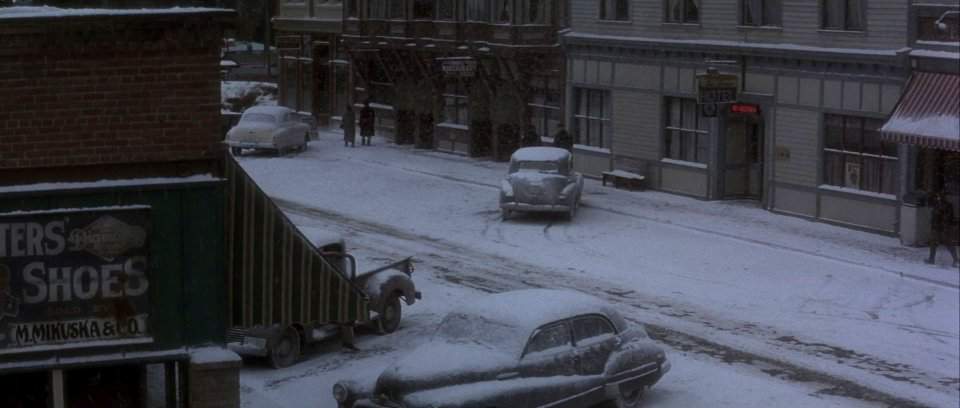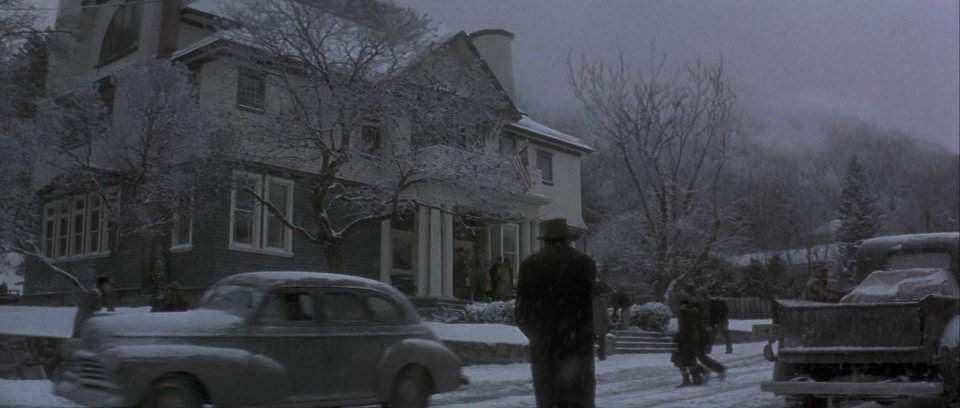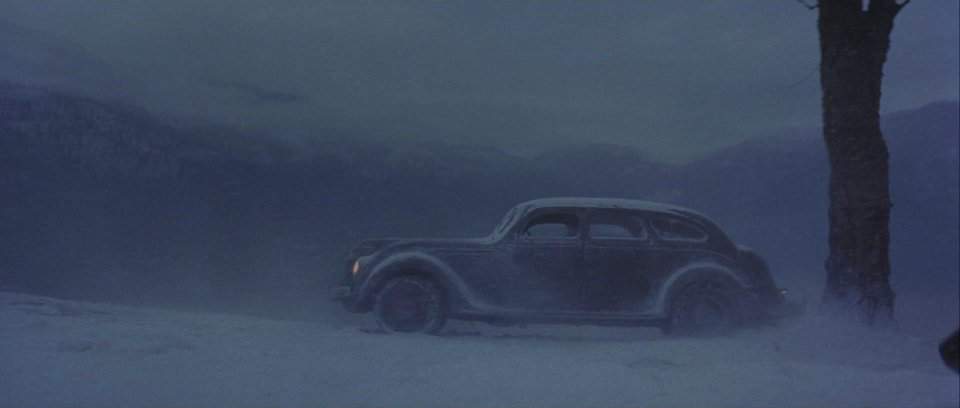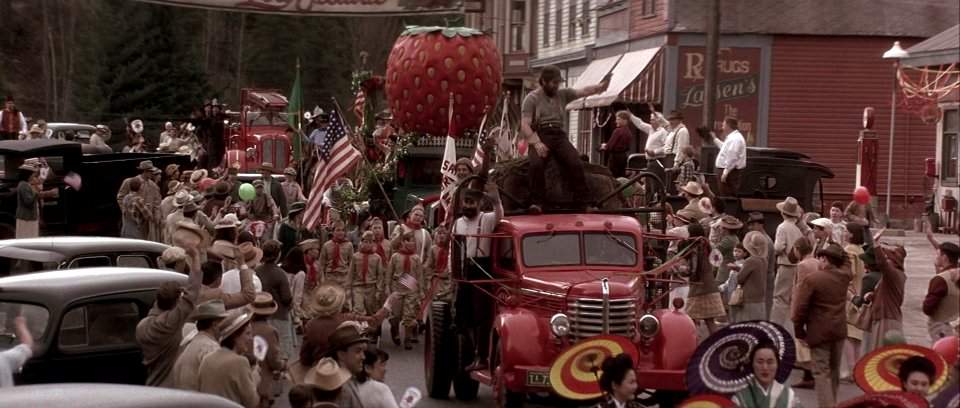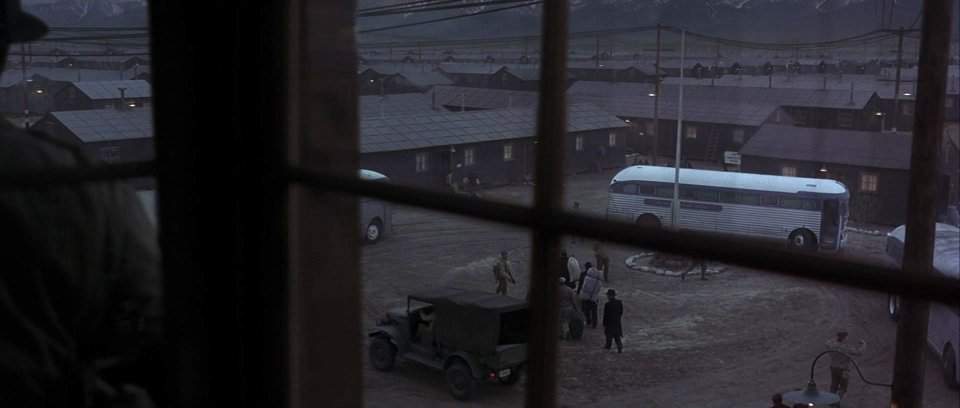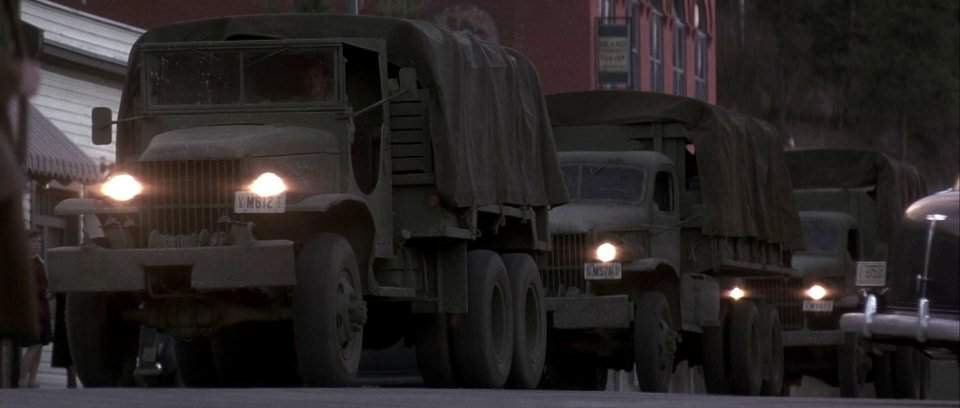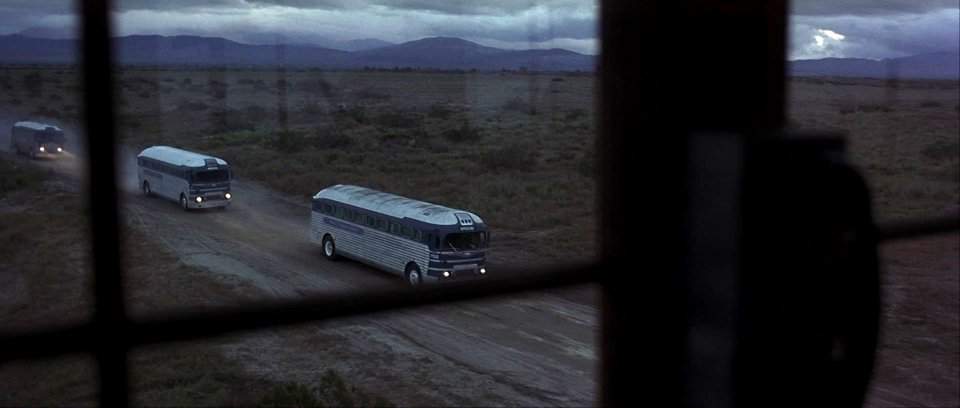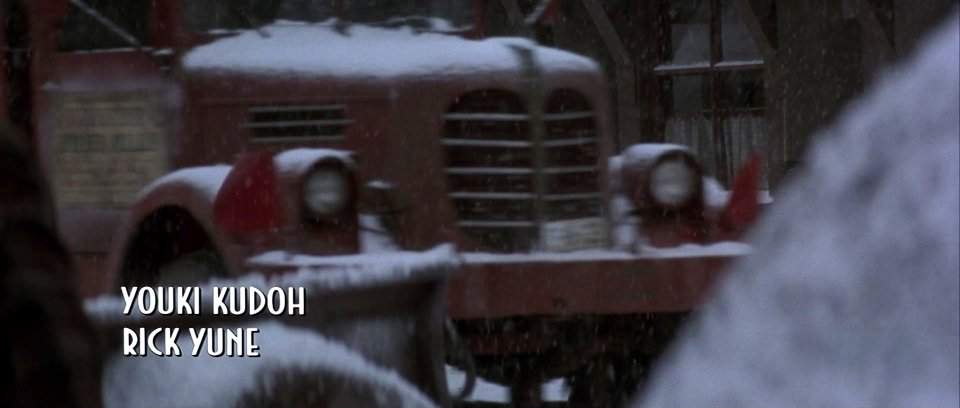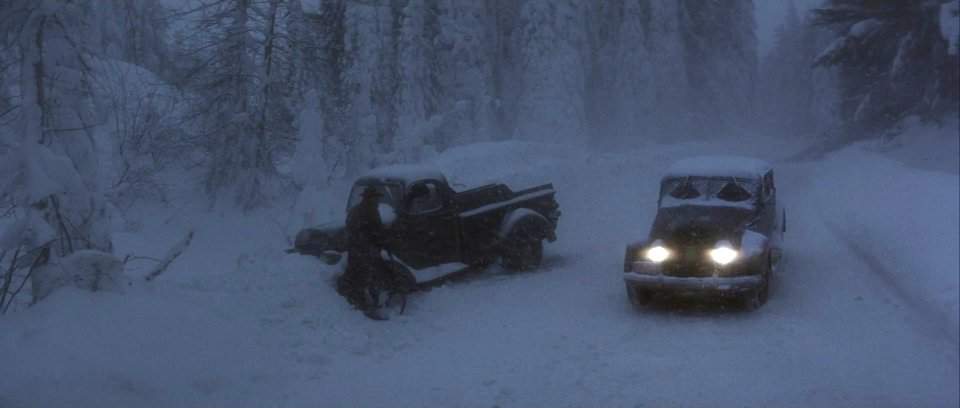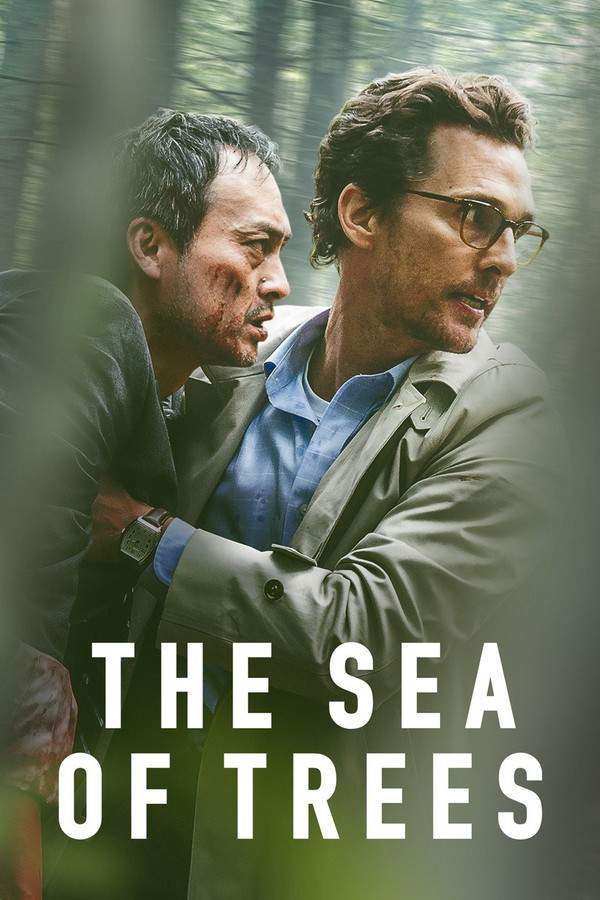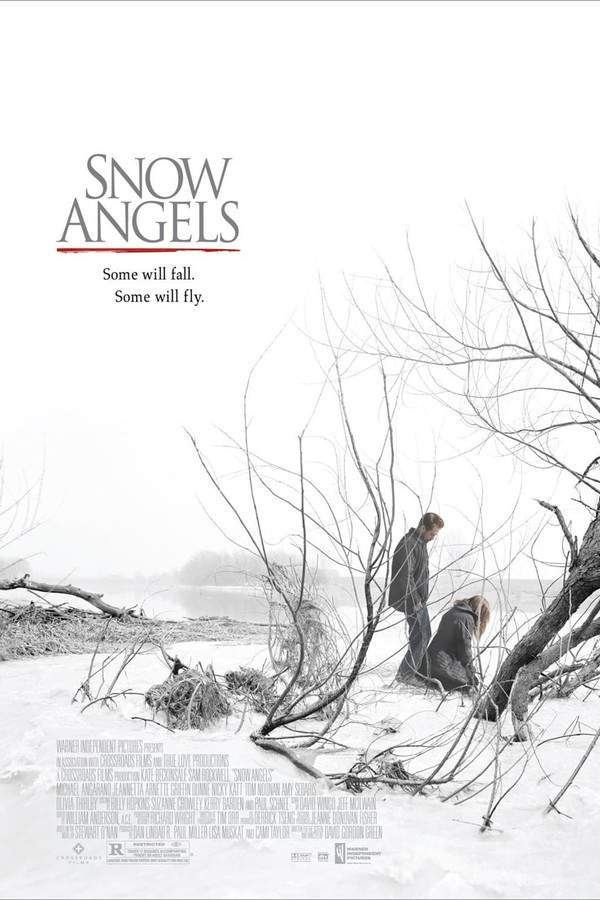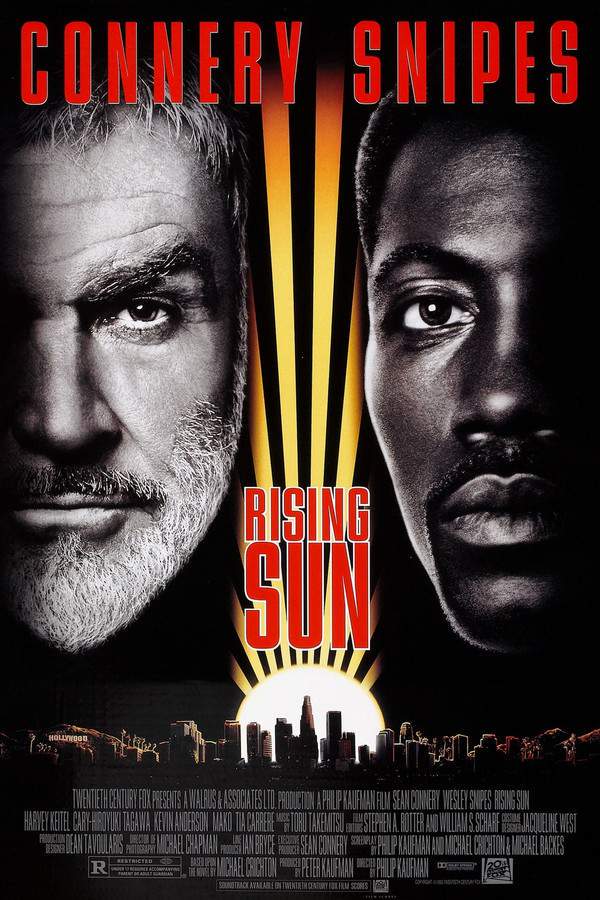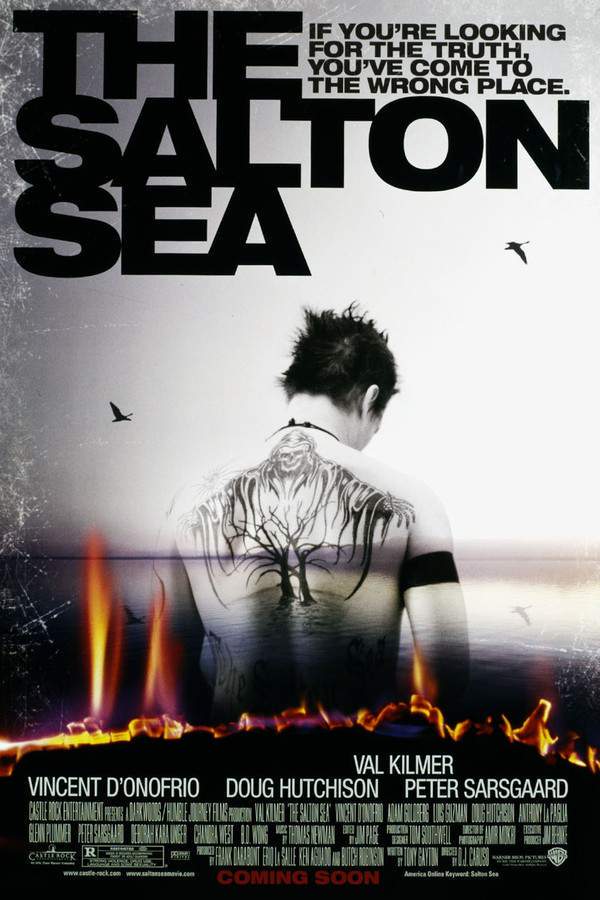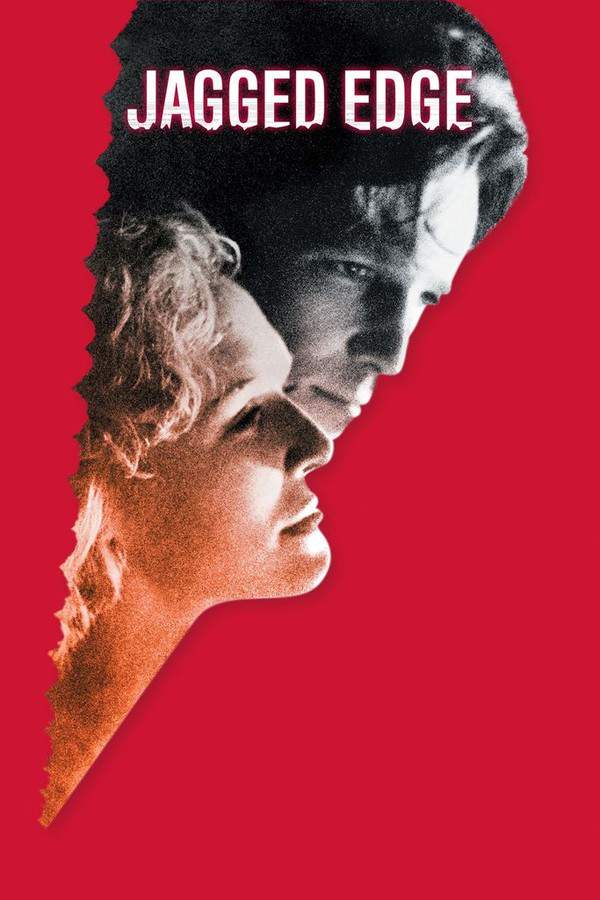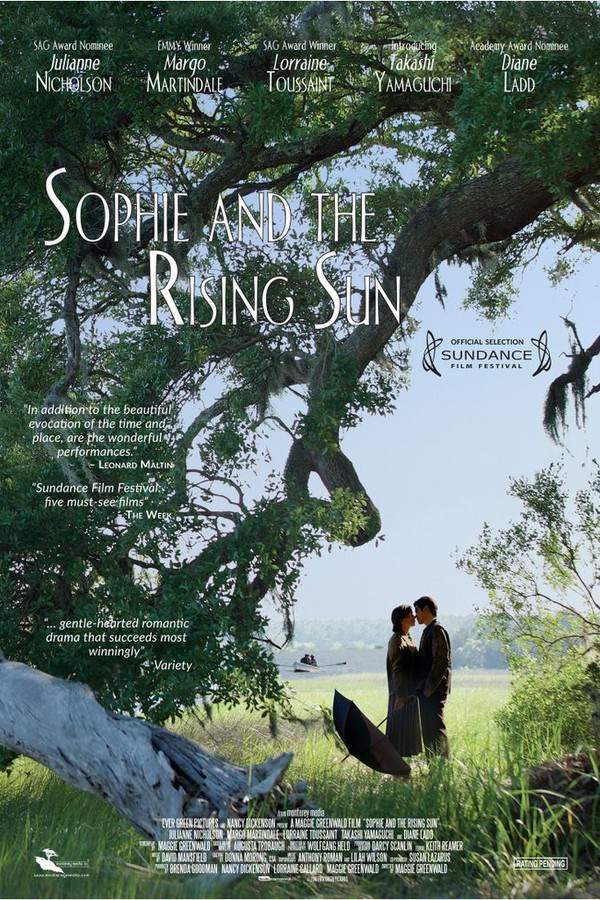Snow Falling on Cedars 1999
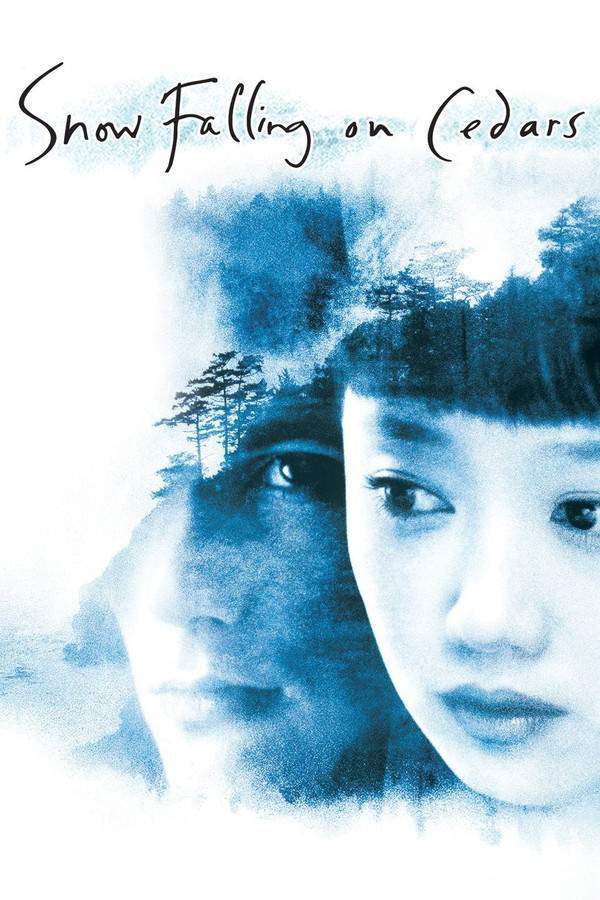
A murder trial exposes long-hidden secrets on the small island community of San Piedro. During World War II, a young Japanese-American man is accused of killing a local fisherman, dredging up prejudices and wartime tensions. A local reporter, struggling with his own past, investigates the case, uncovering a complex web of love, betrayal, and suspicion that threatens to tear the island apart. The investigation explores themes of justice, prejudice, and the enduring power of the past.
Does Snow Falling on Cedars have end credit scenes?
No!
Snow Falling on Cedars does not have end credit scenes. You can leave when the credits roll.
Meet the Full Cast and Actors of Snow Falling on Cedars
Explore the complete cast of Snow Falling on Cedars, including both lead and supporting actors. Learn who plays each character, discover their past roles and achievements, and find out what makes this ensemble cast stand out in the world of film and television.
No actors found
External Links and Streaming Options
Discover where to watch Snow Falling on Cedars online, including streaming platforms, rental options, and official sources. Compare reviews, ratings, and in-depth movie information across sites like IMDb, TMDb, Wikipedia or Rotten Tomatoes.
Ratings and Reviews for Snow Falling on Cedars
See how Snow Falling on Cedars is rated across major platforms like IMDb, Metacritic, and TMDb. Compare audience scores and critic reviews to understand where Snow Falling on Cedars stands among top-rated movies in its genre.

44
Metascore
8.4
User Score


%
TOMATOMETER

0%
User Score

60
%
User Score
Take the Ultimate Snow Falling on Cedars Movie Quiz
Challenge your knowledge of Snow Falling on Cedars with this fun and interactive movie quiz. Test yourself on key plot points, iconic characters, hidden details, and memorable moments to see how well you really know the film.
Snow Falling on Cedars Quiz: Test your knowledge on the intricate story and themes presented in 'Snow Falling on Cedars'.
What year does the murder case in 'Snow Falling on Cedars' take place?
1945
1950
1955
1960
Show hint
Awards & Nominations for Snow Falling on Cedars
Discover all the awards and nominations received by Snow Falling on Cedars, from Oscars to film festival honors. Learn how Snow Falling on Cedars and its cast and crew have been recognized by critics and the industry alike.
72nd Academy Awards 2000
Cinematography
Full Plot Summary and Ending Explained for Snow Falling on Cedars
Read the complete plot summary of Snow Falling on Cedars, including all major events, twists, and the full ending explained in detail. Explore key characters, themes, hidden meanings, and everything you need to understand the story from beginning to end.
Set against the backdrop of the fictitious San Piedro Island during 1950, in the northern Puget Sound of Washington state, this gripping narrative revolves around the murder trial of Kabuo Miyamoto, a Japanese American wrongfully accused of killing Carl Heine, a White fisherman. Set amidst intense anti-Japanese sentiments that arose in the aftermath of World War II, the trial unfolds through the eyes of Ishmael Chambers, the town’s single newspaper editor and a World War II veteran who sacrificed an arm during his service against the Japanese in the Pacific.
As Ishmael grapples with lingering feelings for Hatsue, Kabuo’s wife, his internal conflict intensifies as he questions Kabuo’s innocence. The courtroom drama is propelled forward by the prosecuting team, led by the town’s sheriff, Art Moran, and the relentless prosecutor, Alvin Hooks. On the defense side stands Nels Gudmundsson, a seasoned attorney with a wealth of experience.
A pervasive theme of prejudice seeps into the trial, highlighted by witnesses such as Etta, Carl’s mother, who assert that Kabuo murdered her son out of both racial hatred and personal vendetta. This accusation holds a bitter irony, considering that Kabuo was a decorated war hero, having served in the 442nd Regimental Combat Team. Paradoxically, Etta, a German American, might also face scrutiny, being indirectly linked to the Nazi regime’s war crimes.
Another key figure in this trial is Ole Jurgensen, an elderly man who had sold his strawberry field to Carl. This field becomes a crucial piece of evidence during the trial, as it was initially owned by Carl Heine Sr. The Miyamoto family had lived on the Heines’ land and worked the strawberry fields, fostering a childhood friendship between Kabuo and Carl Jr. The conflict over the land sale becomes a bitter feud after Zenhichi, Kabuo’s father, attempted to purchase a portion of the farm just before the outbreak of war, which saw many Japanese Americans relocated to internment camps. Following Carl Sr.’s death in 1944, Etta sold the farm to Ole, further complicating Kabuo’s sense of betrayal.
As the court proceedings unfold, tensions mount when Ishmael discovers critical maritime records indicating that on the night of Carl’s death, a freighter passed through the fishing channel just prior to the incident. This revelation suggests Carl may have been inadvertently thrown overboard by the violent wake of the ship. Despite his own bitterness and the heartbreak of Hatsue’s rejection, Ishmael steps up to share this pivotal information. The investigation further uncovers that Carl had likely fallen while attempting to retrieve a lantern from the mast of his boat, leading to an accidental drowning. Ultimately, the charges against Kabuo are dropped, and Hatsue expresses her gratitude by allowing Ishmael to hold her one last time, bringing a bittersweet resolution to a story fraught with injustice and longing.
Uncover the Details: Timeline, Characters, Themes, and Beyond!

Coming soon on iOS and Android
The Plot Explained Mobile App
From blockbusters to hidden gems — dive into movie stories anytime, anywhere. Save your favorites, discover plots faster, and never miss a twist again.
Sign up to be the first to know when we launch. Your email stays private — always.
Watch Trailers, Clips & Behind-the-Scenes for Snow Falling on Cedars
Watch official trailers, exclusive clips, cast interviews, and behind-the-scenes footage from Snow Falling on Cedars. Dive deeper into the making of the film, its standout moments, and key production insights.
Cars Featured in Snow Falling on Cedars
Explore all cars featured in Snow Falling on Cedars, including their makes, models, scenes they appear in, and their significance to the plot. A must-read for car enthusiasts and movie buffs alike.
Snow Falling on Cedars Themes and Keywords
Discover the central themes, ideas, and keywords that define the movie’s story, tone, and message. Analyze the film’s deeper meanings, genre influences, and recurring concepts.
Snow Falling on Cedars Other Names and Titles
Explore the various alternative titles, translations, and other names used for Snow Falling on Cedars across different regions and languages. Understand how the film is marketed and recognized worldwide.
Similar Movies To Snow Falling on Cedars You Should Know About
Browse a curated list of movies similar in genre, tone, characters, or story structure. Discover new titles like the one you're watching, perfect for fans of related plots, vibes, or cinematic styles.
Quick Links: Summary, Cast, Ratings, More

What's After the Movie?
Not sure whether to stay after the credits? Find out!
Explore Our Movie Platform
New Movie Releases (2025)
Famous Movie Actors
Top Film Production Studios
Movie Plot Summaries & Endings
Major Movie Awards & Winners
Best Concert Films & Music Documentaries
Movie Collections and Curated Lists
© 2025 What's After the Movie. All rights reserved.













